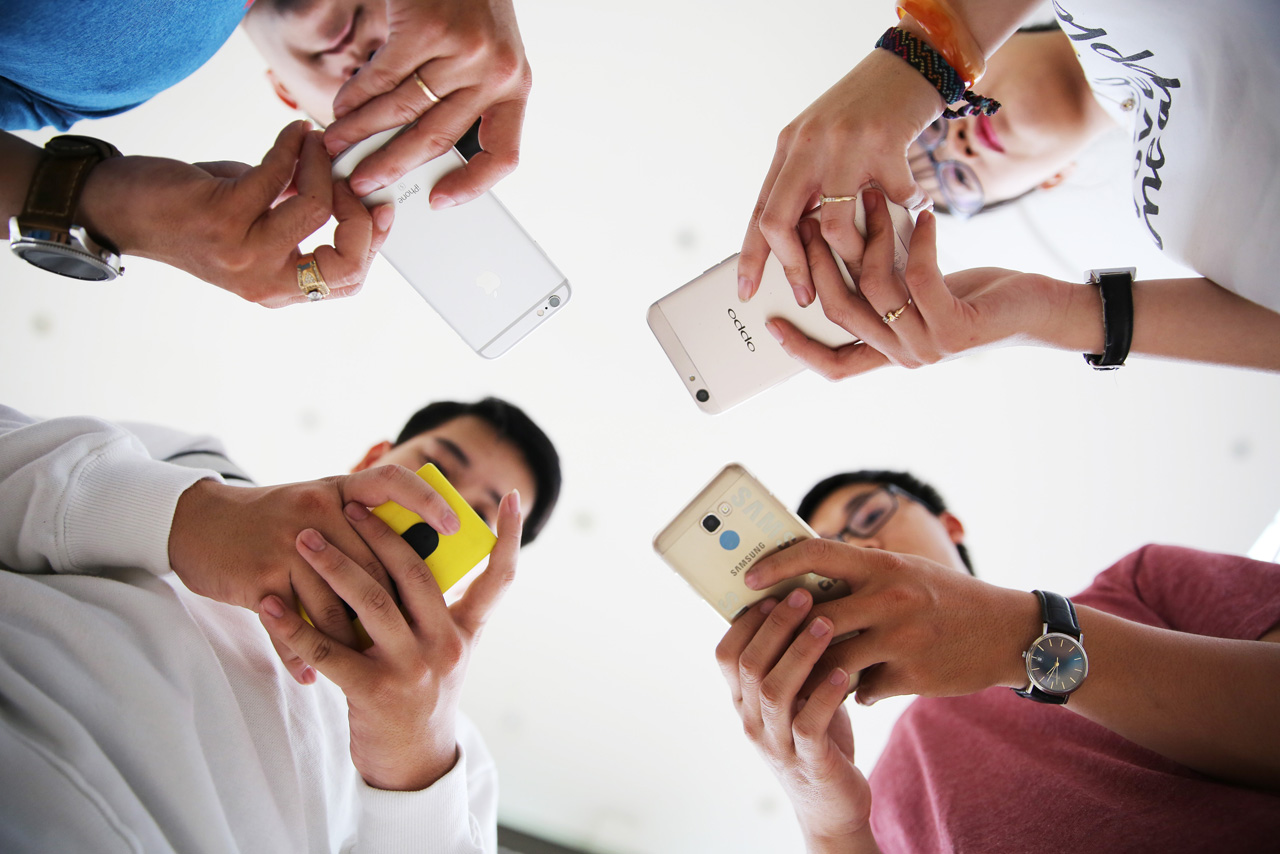HCMC – Impostor syndrome, a psychological experience of feeling like a fake despite evidence of real achievements and success, is attributed to excessive social media usage, according to an RMIT expert.
The syndrome is commonly observed among people in successful roles, including business leaders, famous writers, academics, actors, sports figures and people with disabilities or from ethnic minorities, according to Dr. Lena Bucatariu, RMIT Lecturer in Professional Communication.
The prevalence of the syndrome these days can be associated with the overuse of social media.
Research done by Singapore-based DataReportal indicates that Vietnam had 77.93 million Internet users at the start of 2023, when the Internet penetration rate stood at 79.1%.
While the Vietnamese user, on average, spends around two hours and 32 minutes daily on social media, Generation Z stands out as the most avid, spending up to four hours each day on these platforms.
Feelings of inadequacy extend beyond lifestyle networks like Instagram and are also found on career-oriented platforms such as LinkedIn, as revealed in a U.K. study involving the University of Bristol, the University of Southampton and Zhongnan University of Economics and Law.
Given the challenges, Bucatariu suggests strategies to combat the syndrome.
Firstly, individuals should acknowledge that everyone faces hardships and experiences feelings of inadequacy.
Secondly, limiting social media usage by setting alarms to restrict scrolling time can be beneficial.
Thirdly, cultivating gratitude through a daily list of three things to be thankful for can shift perspectives.
Posting more authentic content about oneself and following content creators who provide meaningful insights are recommended.









